You can't deny that quinoa is omnipresent today, whether you're a confirmed addict or still in the 'qwin-o-ah' phases. If you go to your neighbourhood café and ask for a salad that isn't packed with the sticky brown grain, you're likely to be disappointed. Quinoa's meteoric surge isn't just another craze in midday brunching. Quinoa's health advantages are as varied and well-documented as the ancient grain itself.
What exactly is Quinoa?
Quinoa was once named "the mother grain" by the Inca thousands of years ago, but it has since gained a reputation as a "superfood" because of its origins in the heart of South America. While that phrase has now been disproved as smart marketing, quinoa's health advantages have not. Quinoa nutrition research has shown that the meal provides a significant boost to overall health due to a few important characteristics. But, before we get into the details, it's important to understand what quinoa is.
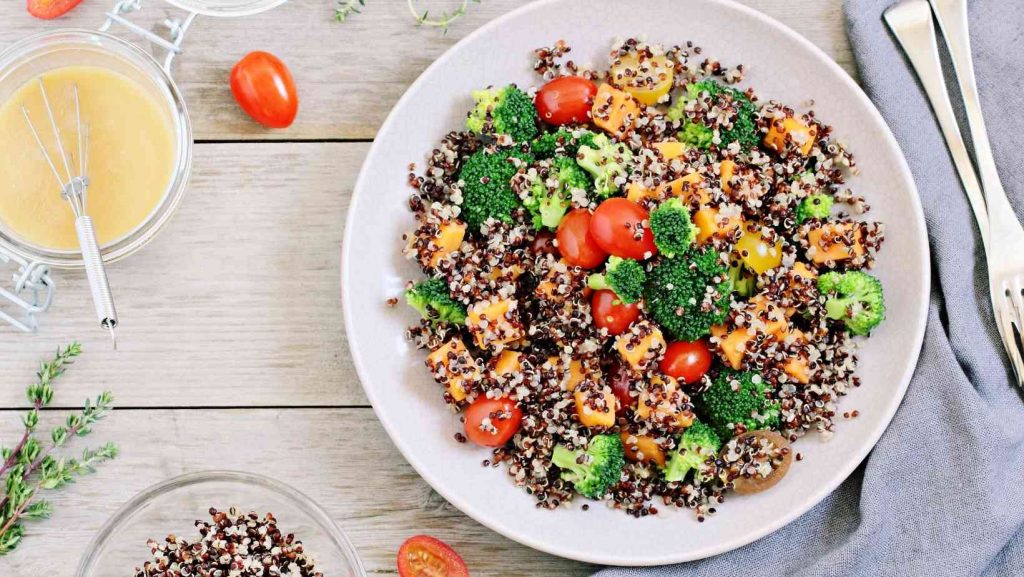
Quinoa is a gluten-free, whole-grain carbohydrate made from the seed of the Chenopodium quinoa plant, according to the Whole Grains Council. Because whole grains are grass-based foods, the answer to the age-old issue of "is quinoa a grain?" is a resounding nay. Quinoa is not a grain, despite its resemblance in appearance; yet, it is sometimes referred to as one. There are around 120 distinct kinds of quinoa, but most of the time, we see it in one of three primary forms.
- White quinoa — White quinoa has a fluffy texture after cooking that is more akin to rice.
- Red quinoa — After cooking, it retains more of its structure and colour. Red quinoa also has a heartier flavour and chewier texture than white quinoa, which has a subdued, bitter flavour.
- Black quinoa — Black quinoa has a crunchier and sweeter flavour than the other two varieties, thus it's more of an acquired taste.
Quinoa Nutritional Values and Facts
The nutritional content of quinoa per cup is considerable from a fundamental standpoint. Quinoa has a rich and diversified nutritional make-up that includes a variety of important macronutrients. These are the nutrients you can get in one cup (185 grammes) of cooked quinoa.
- 8 grammes of protein
- 5 grammes of fibre
- Magnesium accounts for 30% of the RDA.
- 28 percent of the RDA for phosphorus
- Folate is present in 19% of the RDA.
- Copper accounts for 18% of the RDA.
- 15 percent of the RDA for iron
- 13 percent of the RDA for zinc
- Potassium 9% of the recommended daily allowance
- Vitamins B1, B2, and B6 account for more than 10% of the RDA.
It's incredible that one cup of quinoa only has 222 calories for the number of nutritious benefits it provides. There are roughly 40 grammes of carbohydrates and 5 grammes of fat in those 222 calories.
Superfood: Health Benefits of Quinoa
Because of its nutrient-dense composition, quinoa has a wide range of health advantages. If you want to enhance your daily health routine and diet, incorporating this (not) grain is a simple method to accomplish it. The following is a list of quinoa's top ten health benefits.
Jump to:
1. Protein with a High Amino Acid Content
Protein is, as we all know, the most important component of a healthy diet. Muscle development, recuperation, cognitive function, and general health are all aided by this vital macronutrient. Quinoa's high protein content, along with its rich amino acid fabric, is one of the most important health advantages.
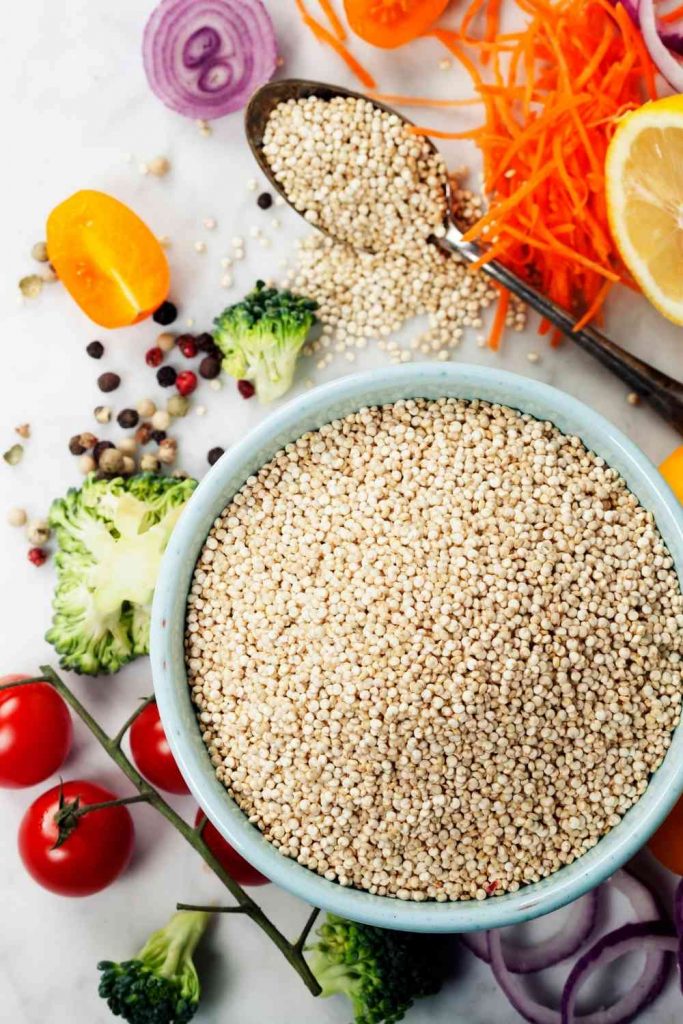
Nine amino acids are classified as essential since your body cannot create them and must acquire them from your food. Quinoa is a complete protein since it includes all nine amino acids. Quinoa nutrition facts also include more and better protein than other cereals, according to studies. Quinoa is a great plant-based protein source for vegetarians and vegans, with 8 grammes of quality protein per cup (185 grammes).
2. Fibre in plenty
The high fibre content of quinoa is another of the food's significant advantages. According to one research, the amount of fibre in four distinct kinds of quinoa ranged from 10 to 16 grammes per 100 grammes. While it may not seem to be much to the lamen, it is nearly twice as much as most grains.
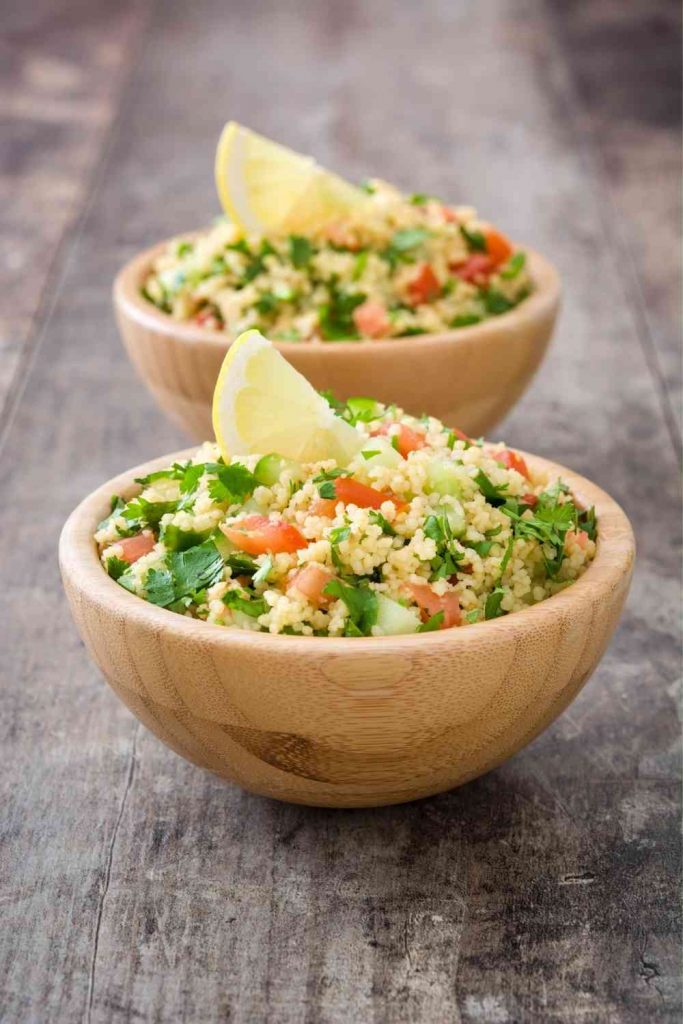
This is a significant advantage for those of us who follow the ketogenic diet and think carbohydrates are the devil. Despite its high carb content, quinoa is a 'fibrous carb,' which means it may be used in a low-carb diet if the macronutrient structure is balanced correctly. The distinction between soluble and insoluble fibre, which might be fairly large in this scenario, is significant to notice. Quinoa has around 2.5 grammes of insoluble fibre per cup.
read also: Best Non Dairy Substitutes For Milk
3. Iron Tonnage
Most individuals, on average, do not receive enough iron. Quinoa's rich content of iron, which provides roughly 30% of your needed daily consumption, is one of its health benefits. One thing to keep in mind is that it includes phytic acid, which might inhibit iron absorption. You may lower the phytic acid content of quinoa and make the iron more readily absorbed by soaking it before cooking.
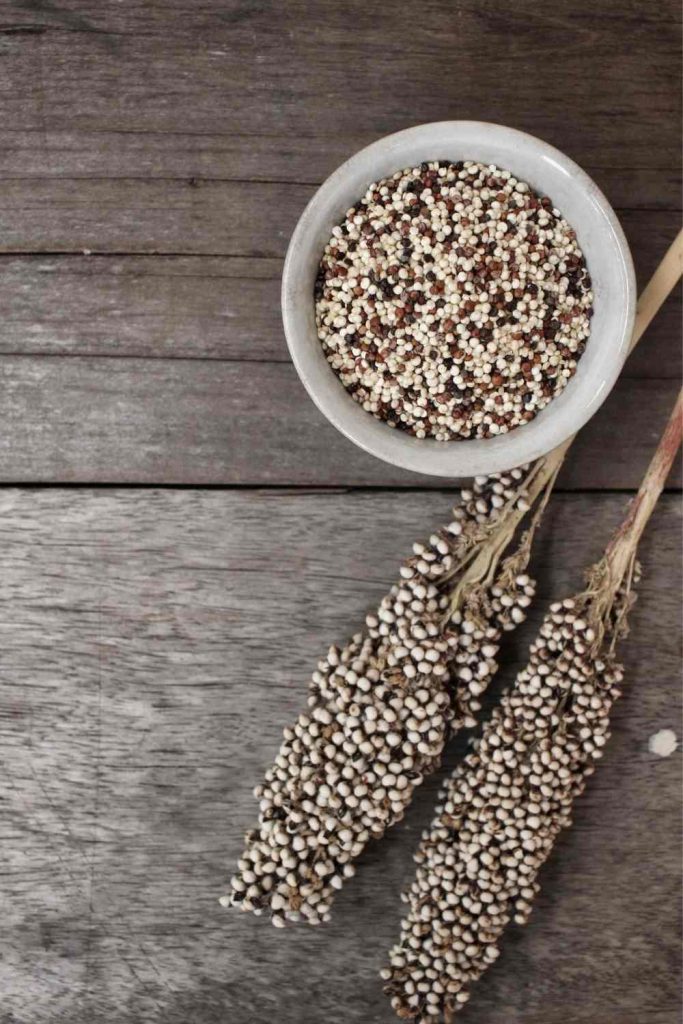
4. High in Lysine
Lysine is another amino acid that is often ignored. Carnitine, a chemical present in almost all of your body's cells, is made from an important amino acid. The high-quality lysine reserves present in each cup of quinoa are a substantial advantage. The acid aids in the movement of fat between cells so that it may be consumed for energy. Increased quinoa consumption may help your body better control energy reserves and fat deposits, helping you feel more awake and energetic throughout the day.

5. Low Glycemic Index
This is sometimes referred to as a 'low GI' feature, and it is an essential aspect of overall health. Because your glycemic index is a measure of how rapidly a meal boosts your blood sugar levels, consuming foods with a high glycemic index, such as sugar, might cause your energy levels to jump before dropping.
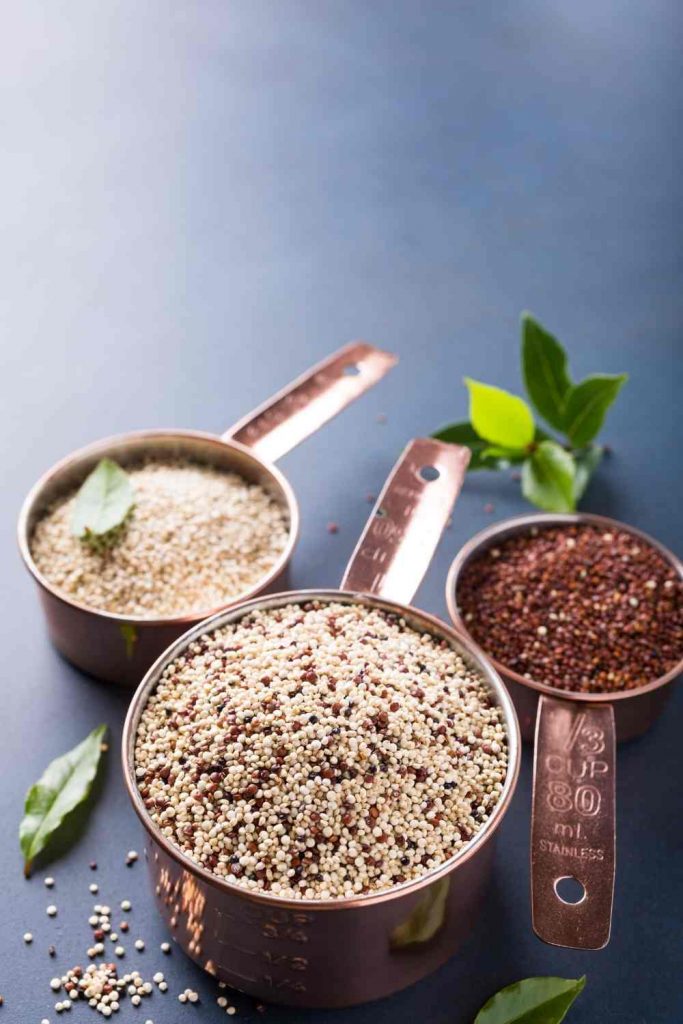
The low glycemic index carbohydrate in the quinoa plant will supply you with longer-lasting energy over a longer period of time, making it excellent for everyday use.
read also: 5 Vegetables That Cannot Be Eaten Uncooked
6. Rich in Magnesium
Quinoa has a high magnesium content, which is similar to iron. This mineral is important for muscle healing and general health since it helps to stimulate muscular fibres. To eliminate the phytic acid, soak the quinoa before boiling one more.
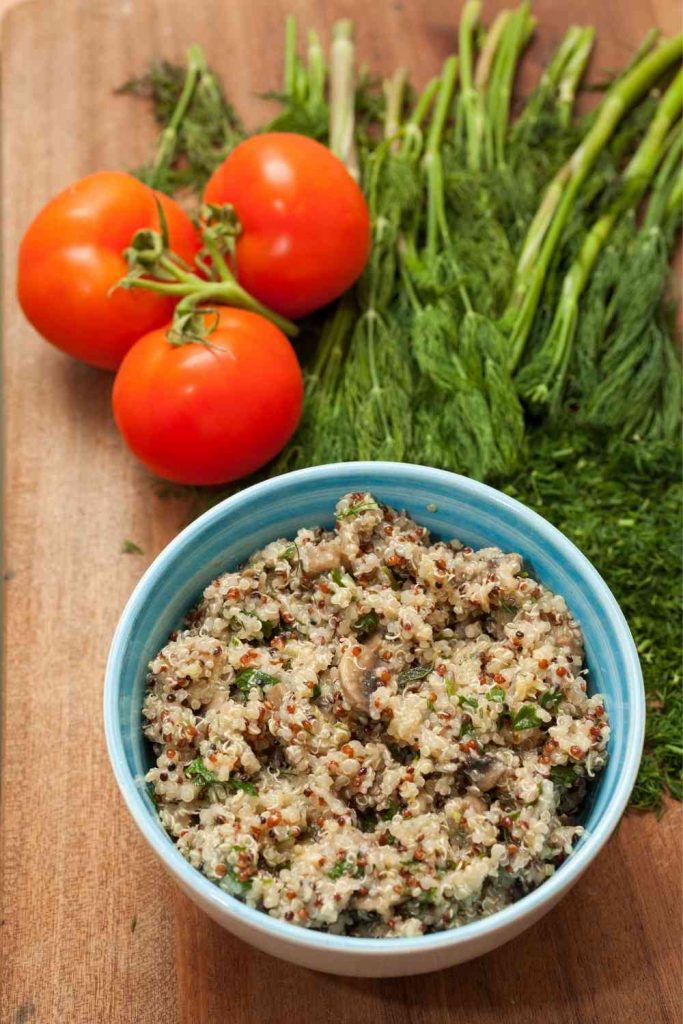
7. Flavonoids are abundant.
While it's no surprise that meals high in minerals and vitamins are beneficial to your health, quinoa's health advantages extend beyond simple additions. Quinoa contains a high concentration of plant-specific antioxidants known as flavonoids since it is a seed rather than a grain.
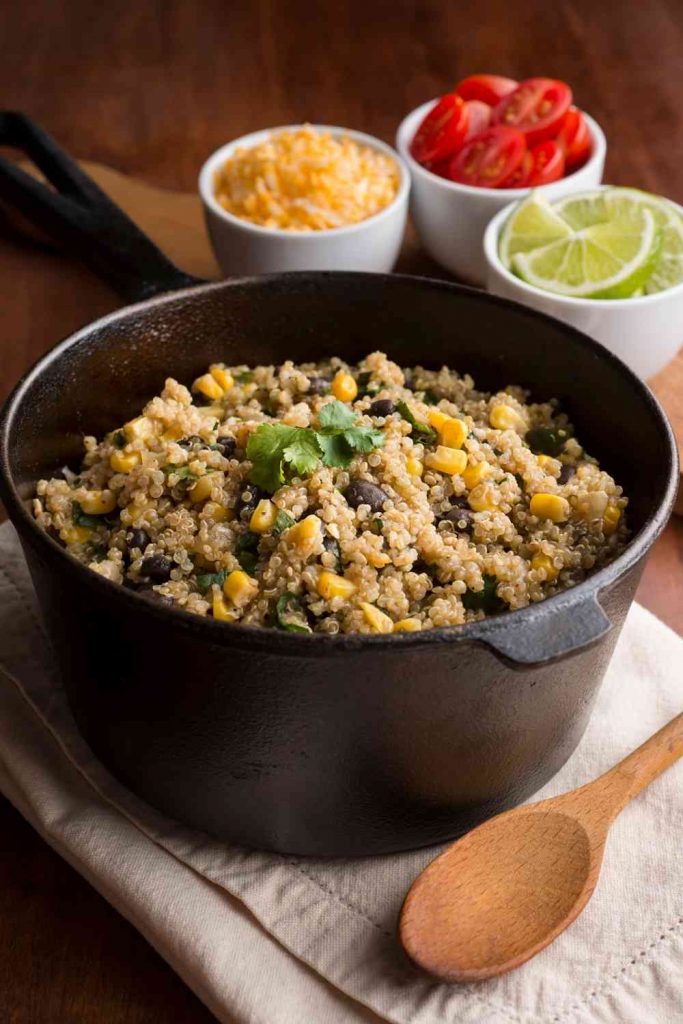
Because of its anti-inflammatory, antiviral, and antidepressant characteristics, quercetin and kaempferol have been proven to be particularly useful.
read also: 9 Health Benefits of Dark Chocolate
8. High in Antioxidants
Quinoa has a high antioxidant content, which is a significant health advantage. These compounds are thought to aid in the battle against ageing and protect the body from a variety of diseases and disorders.
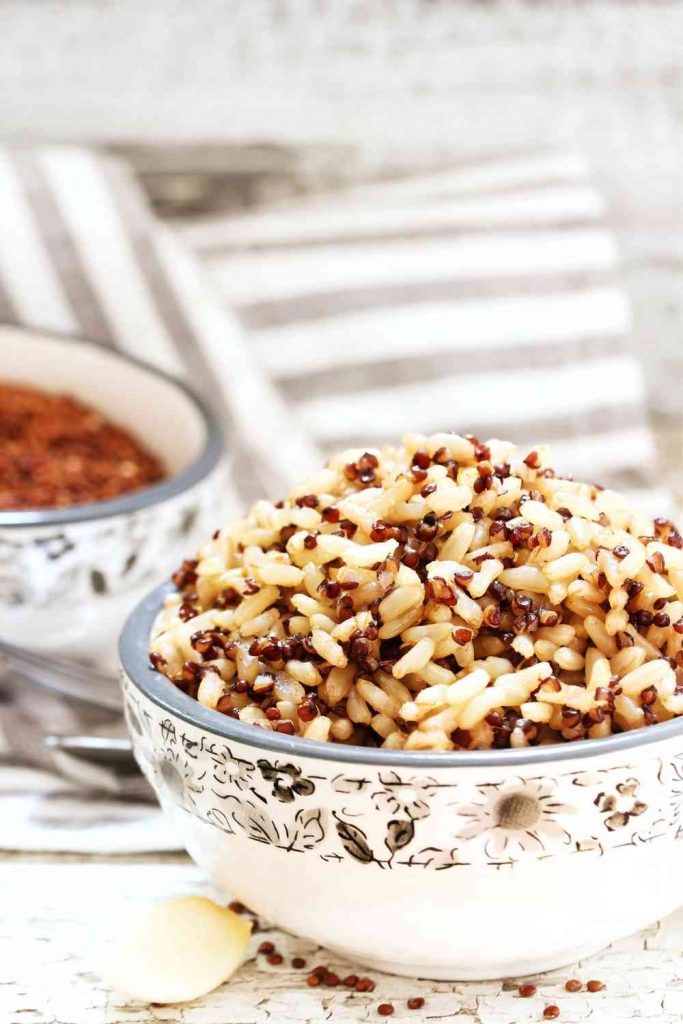
9. It Has the Potential to Assist You in Losing Weight
It should go without saying that if you want to lose weight, you must consume fewer calories than you expend. Certain meals promote weight reduction more effectively than others, and one of quinoa's key health advantages is its metabolic impact. Quinoa nutrition studies suggest that the meal may both enhance metabolism and decrease appetite due to its high protein content. Furthermore, the high fibre density might help you feel fuller for longer, suppressing your appetite and causing you to consume fewer calories.
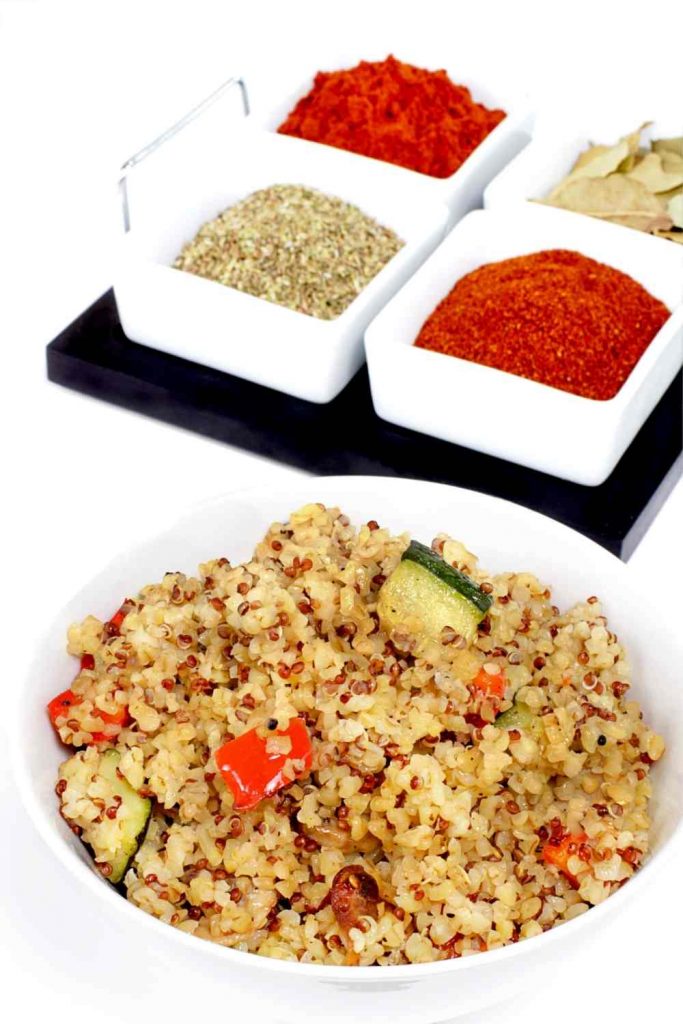
10. Gluten-Free
Gluten, the most reviled of all the dietary categories, has gotten a terrible name in recent years. In fact, one-third of individuals in the United States are attempting to cut down on gluten, which is one of the reasons quinoa is gaining popularity.

For gluten-intolerant persons who can't consume bread or pasta, the ancient grain has shown to be a viable substitute. Similarly, choosing quinoa over gluten-free staples like refined tapioca, potato, maize, and rice flour may boost your diet's nutritional and antioxidant content significantly.




